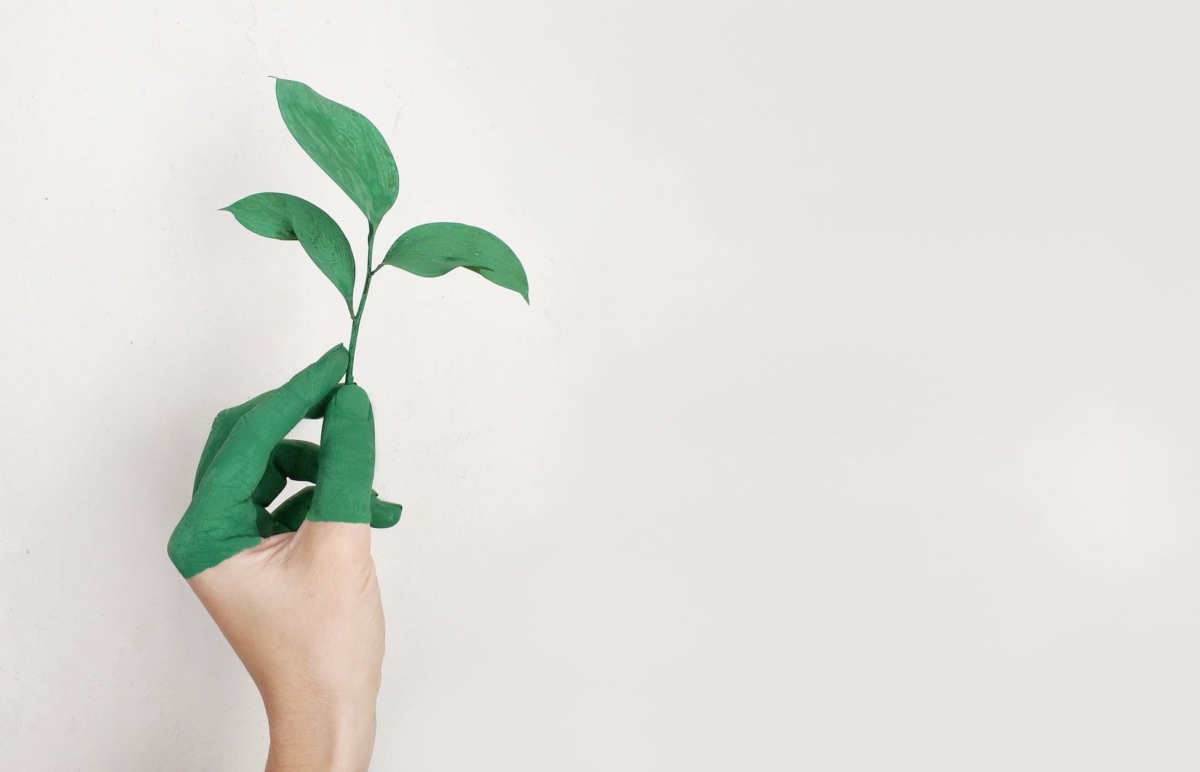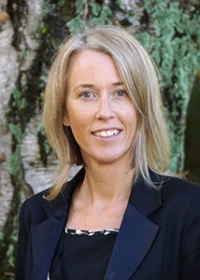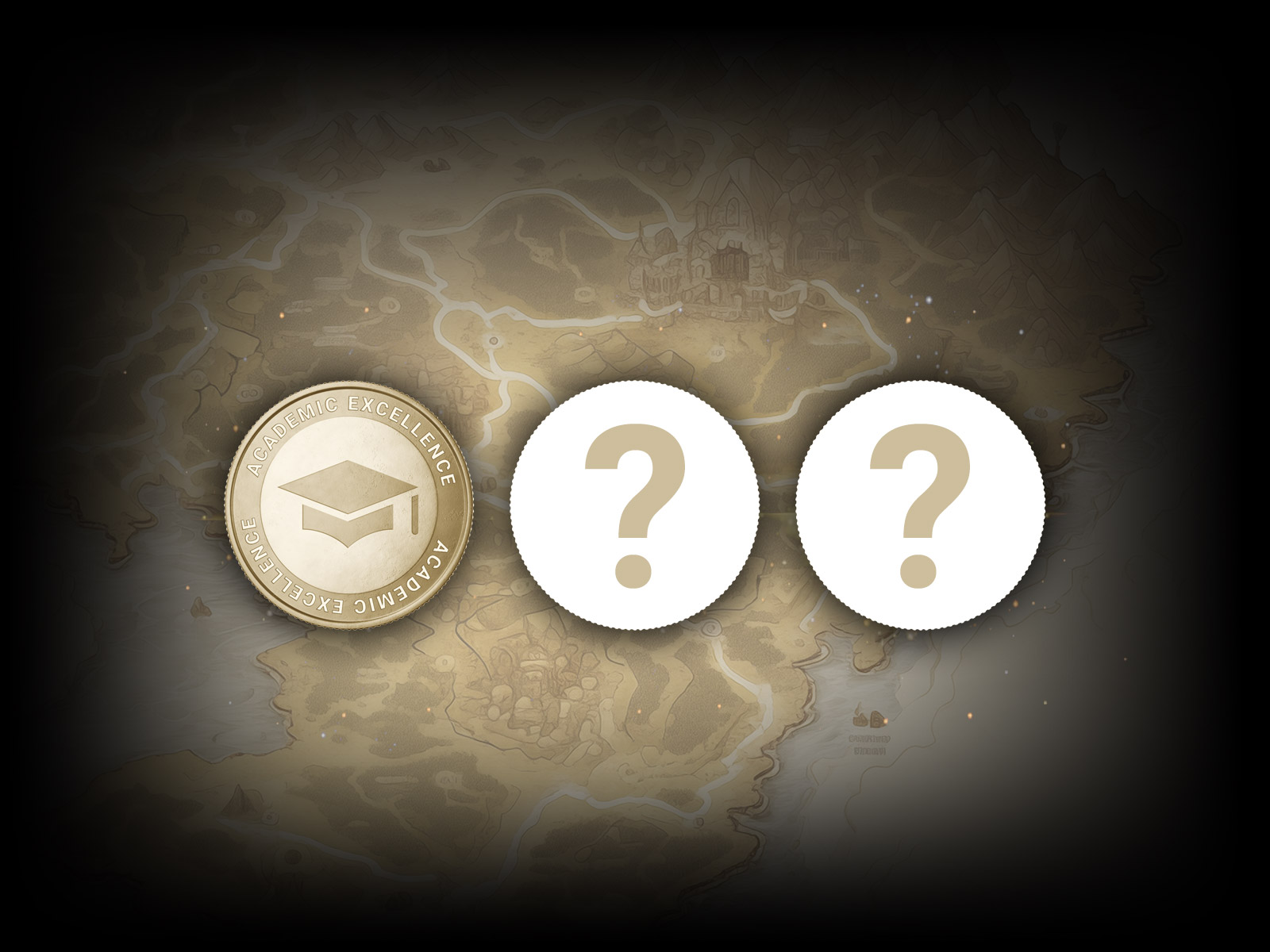News and Media

Learning to Care for our Common Home by Jacqui Rémond
We are living through times of rapid change. Today we are experiencing increasing uncertainty and facing not just one but many crises – ecological, social, economic and in the Australian Church.
We all know that humanity is living in a way that is unsustainable on the planet. Just looking around at the plastics, the chemicals, the pollution of our waterways and atmosphere, our daily consumption of fossil fuels and the many human systems that we have created that serve ourselves rather than benefiting the common good.
So what are we going to do about it?
On June 18th 2015, Pope Francis issued his encyclical, Laudato Si’ – On Care for our Common Home. His leadership message is clear: we need to stop and reflect, to see the deep interconnections between everything and work together through dialogue and action. We are being invited to respond with the common good in mind, love in our hearts and a commitment to act in a way that respects all that surrounds us.
What does this message mean for us today?
Its release was an historic event, as Pope Francis issued a powerful message about our moral responsibility to care for creation. On Care for Our Common Home (Laudato Si’) is a very strong appeal from Pope Francis addressed to “every living person on this planet” for an inclusive dialogue about how we are shaping the future of our planet. Pope Francis calls the Church and the world to acknowledge the urgency of the challenges we face and to join him in embarking on a new path where we develop an integral ecology – inclusive of the social, economic, cultural, spiritual and ecological. This encyclical means that caring for creation is forever part of Catholic Social Teaching and permanently core business for Catholic organisations and their people.
So what is this new path we are being called to take together?
Dialogue is the resounding first step. We are being invited to open our minds, our hearts and our will to tune in and discover with curiosity firstly, and then more intimately, to the details of where we live. For our children this may be easy, so we can take our lead from them. Awe and wonder open us up to feelings and experiences that Pope Francis says we need to have in order to work out what to do about the problems we face. “To dare to turn what is happening in our world into our own personal suffering, so that each of us can determine what to do about it.” Pope Francis reminds us that our common home is a gift – and that our first response to that gift needs to be thank you! Beyond that we are being invited to enter into relationship with everything around us.
So how are we going to transition to a life giving path for all Creation (including ourselves, of course!)?
Well, the first thing we need to do is to see that we are not separate from everything around us. Paying attention to the connections between everything is the key. Our journey on Earth is an exploration of place as much as it is an inner journey of our hearts and minds. So, cultivating our inner life and our outer life through meaningful action is the balancing act we need to strive for, understandingthat we have a part to play through our simple daily actions.
Beyond the day to day activities of individuals what can our organisations and schools do to really make this change?
We all need help to make the change and our organisations need more than a champion model to embed sustainability. Jesus is the best model for us to look to when seeking help for this change.
Recognising how our Christian spirituality is connected with sustainability through exploring Laudato Si’ is an invitation for all Catholic organisations. The new theology contained in Laudato Si’ includes the intrinsic value of every living and non living thing, understanding that every part of Creation is revealing God to us in every moment and coming to realize that we are called to be in a state of ‘sublime communion’ – when we are in right relationship with our maker, the human family and all creation.
Everyone is looking to the next generation with hope and Catholic schools are in the best possible position to offer ecological education and spiritual formation.
Understanding our deepest motivations and how the spirituality of each place is longing to be shared is central to the story. Schools are working hard to embed sustainable practice.
There are plenty of examples of initiatives, such as gardens, recycling, units of work that integrate ecological thinking and student outcomes, prayers and liturgies. Integrating the ecological and spiritual is the critical work ahead, and every member of each school community has a unique contribution to make.
Catholic Earthcare Australia has developed a model and a suite of resources that takes organisations, such as schools, on a sustainable journey – and its called ASSISI. It’s all about developing ‘Learning Communities for Sustainability’.
Growing the capacity for communities of practice to learn how to become sustainable together is where dialogue, formation and steering groups come in to play, developing the social skills to enquire together and think through the best way forward in each unique bioregion of Australia. The name ASSISI comes from the principles
we used in designing a model that is sustainable in itself – A Strategic, Systems-based, Integrated, Sustainability Initiative.
The call for a change of mind and heart, reflected in action is the work of Catholic Earthcare Australia. And it’s not just personal ecological conversion we’re here for, it’s the institutional change required that now deserves our collective and urgent attention.

Jacqui Rémond is National Director of Catholic Earthcare Australia, the ecological agency of the Catholic Church in Australia. Jacqui has spent many years developing partnerships and ecological conversion programs to enable the Catholic Church in Australia to better care for God’s Creation through advocacy, education, research and collaboration. Two key initiatives are the National Energy Efficiency Network (NEEN) and A Strategic Systems-based Integrated Sustainability Initiative (ASSISI).
Jacqui is currently the Convener of the National Council of Churches Australia Eco Mission Project, the NSW Eco Mission Network, one of the founding members and on the steering committee of the Global Catholic Climate Movement, and a member of the Australian Education Sustainability Alliance and the Justice and Peace Advisory Council in Sydney.
With a long history in environmental advocacy, Jacqui has previously worked as the Coordinator of the Northern Australia Environment Alliance and served as Chair of Environs Kimberley. In 2006, Jacqui undertook training with Al Gore to become a ‘Climate Change Leader’. This led to her involvement in ‘The Big Switch’ campaign and her organising the first ‘Walk Against Warming’ in the Kimberley. Today, Jacqui is a mentor to a group of retired academics in Al Gore’s Climate Reality Project.

